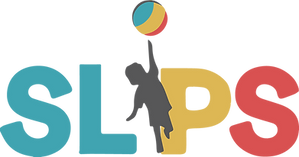WHAT WE DO > European projects > Current projects > SLIPS
SLIPS: “Service Learning in Primary Schools”
Project coordinator:
-
Centre for European Volunteering
Partner organisations:
2023 - 2025

About the project:
Evidence shows that SL is beneficial but access to service learning in primary schools in Europe remains limited despite some growth in FE and in Secondary Education, notably through the Erasmus Plus SLUSIK project. SLIPS will upscale an existing Service Learning programme for secondary level for primary school pupils.
Through its training programme it will enable:
-
600 primary school teachers
-
150 schools’ principals & governors
-
75 schools and 90 policy makers to build capacity in SL.
The objectives are:
-
Develop a suitable upscaled methodology for delivering service learning programmes in primary schools;
-
Create and put in place the user-friendly online platform to train the primary school teachers;
-
Train and develop the capacity of primary school teachers to deliver quality service learning in primary schools;
-
Develop links between schools and civil society in order to better meet community needs;
-
Ensure the sustainability of project results by developing the community of practitioners in order to promote the use of the methodology and the importance of service learning for social inclusion, civic engagement, resilience, prosperity and sustainability.
The training programme in Service Learning will lead to increased skills for primary school teachers leading to increased quality in the work, activities and practices of the schools, volunteering organisations and institutions involved. It will introduce new actors to volunteering, civil society and civic engagement. We will build the capacity of primary schools and primary school teachers to work transnationally and address common needs and priorities for children in the EEA. The online platform, service learning methodology and training activities, as well as policy development work, will enable transformation and change at individual, organisational and sectoral level, leading to improvements, new approaches and upgraded skills in a variety of different formal and nonformal education context.
SLIPS Newsletters

